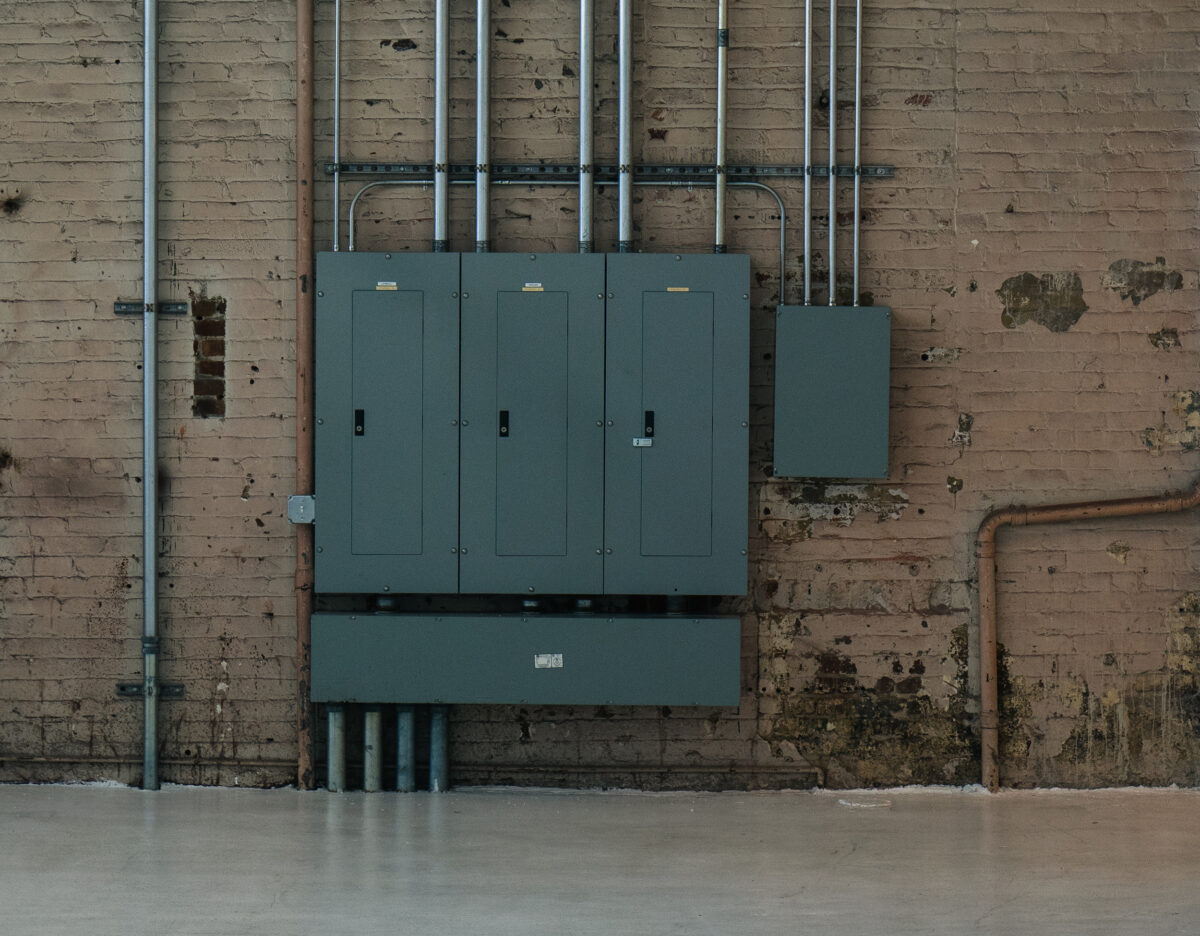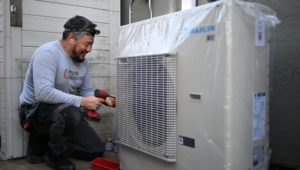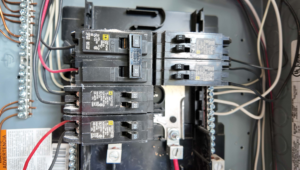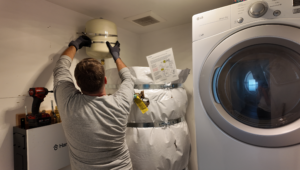 Decoding the complex world of electrical panels, we’re about to embark on a journey where volts and circuits come alive. This comprehensive guide will untangle the intricate differences, comparing distinct types of electrical panels, and assessing their appropriateness for your specific needs.
Decoding the complex world of electrical panels, we’re about to embark on a journey where volts and circuits come alive. This comprehensive guide will untangle the intricate differences, comparing distinct types of electrical panels, and assessing their appropriateness for your specific needs.
Understanding the Basics: What is an Electrical Panel?
An electrical panel, colloquially known as the fuse box, is the heart of your home’s electrical system. It’s where the main power line from the grid enters your home and is distributed to the various circuits. It regulates and distributes electrical power, ensuring your devices run smoothly without overloading the system.
Main Types of Electrical Panels
Diversity is the spice of life, even in the world of electrical panels. Here’s a quick run-through of the main types:
- Main Breaker Panel: Known for its simplicity and efficiency, this panel combines the main breaker and individual circuit breakers in a single location. It allows for easy shut-off during emergencies or maintenance.
- Fuse Boxes: An older system, the fuse box uses fuses instead of circuit breakers. When a circuit overloads, the fuse ‘blows,’ or melts, requiring replacement.
- Sub Panels: These are secondary panels that draw power from the main panel to supply a specific area, like a garage or home extension.
| Type | Description | Ease of Use |
| Main Breaker Panel | Combines main and individual breakers | High |
| Fuse Boxes | Uses fuses that need replacement | Medium |
| Sub Panels | Supplies specific areas | Variable |
Deep-Dive into Each Electrical Panel
Let’s explore these panels in detail, shall we?
Main Breaker Panels
A main breaker panel is a versatile choice for most modern homes. The central ‘main breaker’ lets you cut off power to the entire house while leaving individual circuit breakers to control particular areas. You could say it’s like having an orchestra conductor (the main breaker) with a team of skilled musicians (circuit breakers)!
Fuse Boxes
Remember how your grandparents told you about changing fuses during a power outage? That’s a fuse box for you! When overloaded, fuses blow and need replacement, unlike circuit breakers which simply need to be reset. While fuse boxes are rare in modern installations, they are robust and reliable.
Sub Panels
Think of sub panels as the understudies to your main panel. They handle specialized zones in your house, easing the load off the main panel. For instance, you may have a sub panel in your backyard workshop, ensuring your heavy-duty tools don’t interfere with the rest of your home’s electrical system.
Evaluating Your Needs: Which One is Right for You?
Choosing the right electrical panel depends on factors such as your home’s power requirement, the age of your property, and future expansion plans. For instance, if you live in an older property with a fuse box and plan to renovate, upgrading to a main breaker panel could be advantageous.
Likewise, if you plan to add a home extension or a workshop that requires heavy equipment, considering a sub panel might be wise. It’s about balancing your needs with functionality and safety.
In essence, the journey to choosing the right electrical panel is like piecing together a jigsaw puzzle. Each piece – be it the main breaker, fuse box, or sub panel – plays a crucial role in completing the overall picture of a safe and efficient home.
Conclusion
Embarking on the voyage of selecting the ideal electrical panel doesn’t need to be daunting. With a clear understanding of different types of panels and careful consideration of your individual needs, you’ll find the one that hits the right note. Remember, the best electrical panel for you is the one that ensures safety, caters to your power needs, and allows for future expansion. But don’t forget to consult a professional contractor if you don’t have any experience yourself. Give us a call at 669) 242-5354 or drop an email at support@fuseservice.com — we are here to help. Happy electrifying!






